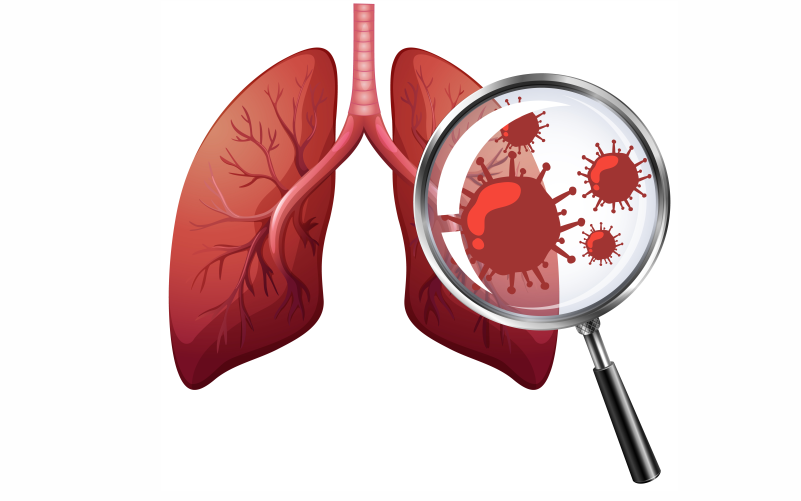Introduction
Pneumonia is a Respiratory condition that affects millions of people worldwide each year. While it primarily targets the lungs, it can also lead to various complications, including joint problems. Understanding the symptoms, diagnosis, and treatment options for pneumonia-related joint issues is crucial for effective management and recovery. TX is the one of the best hospital for Pneumonia treatment.

Symptoms of Joint Issues
In some cases of pneumonia, particularly those caused by certain bacteria or viruses, joint pain and inflammation can occur as secondary symptoms. Patients may experience:
Joint pain: Aching or throbbing sensations in the joints, such as the knees, elbows, or wrists.
Swelling: Noticeable swelling around affected joints, often accompanied by warmth and redness.
Stiffness: Difficulty moving the affected joints, especially after periods of rest or inactivity.
Reduced mobility: Limited range of motion in the joints due to pain and inflammation.
Diagnosis
Diagnosing joint issues related to pneumonia typically involves a thorough medical evaluation by a healthcare professional. This may include:
Physical examination: The healthcare provider will assess the patient’s symptoms, including joint pain, swelling, and mobility.
Medical history: Gathering information about the patient’s recent respiratory symptoms and any existing medical conditions.
Laboratory tests: Blood tests may be conducted to check for markers of inflammation and to rule out other potential causes of joint pain.
Imaging studies: X-rays or other imaging tests may be ordered to examine the joints for signs of inflammation or damage.
Treatment
Treatment for joint issues associated with pneumonia focuses on managing pain and inflammation while addressing the underlying respiratory infection. This may involve:
Antibiotics or antiviral medications: If the pneumonia is caused by a bacterial or viral infection, appropriate medications will be prescribed to target the underlying cause.
Pain relievers: Over-the-counter or prescription pain medications may be recommended to alleviate joint pain and discomfort.
Anti-inflammatory drugs: Nonsteroidal anti-inflammatory drugs (NSAIDs) or corticosteroids may be prescribed to reduce inflammation in the joints.
Physical therapy: Gentle exercises and stretches can help improve joint mobility and reduce stiffness during recovery.
Rest and immobilization: Resting the affected joints and using supportive devices, such as splints or braces, may be necessary to promote healing.
Precautions
To prevent complications and promote recovery from pneumonia-related joint issues, patients should:
- Follow their healthcare provider’s treatment recommendations, including taking prescribed medications as directed.
- Avoid strenuous activities that could exacerbate joint pain or cause further injury.
- Practice good respiratory hygiene, such as washing hands frequently and covering coughs and sneezes.
- Stay hydrated and maintain a healthy diet to support overall immune function and healing.
- Attend follow-up appointments with healthcare providers to monitor progress and adjust treatment as needed.
In conclusion, while pneumonia can be a challenging condition to manage, understanding and addressing joint issues that may arise as a complication is essential for comprehensive care. By recognizing the symptoms, seeking prompt medical attention, and following recommended treatment and precautions, patients can effectively manage pneumonia-related joint problems and improve their overall quality of life.







